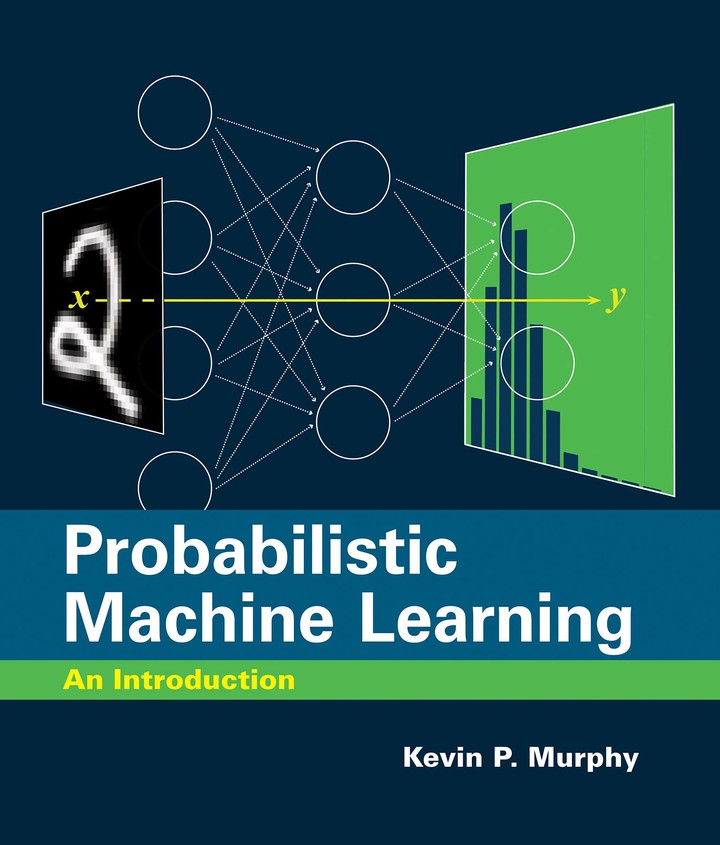
Lecturer: Prof. Dr. Shadi Albarqouni
Class timing: The academic quarter is applied here! This means the lecture will start 15 minutes after the said time.
Course Description
Machine Learning has gained a lot of momentum within development organizations that are actively looking for innovative solutions to leverage their data to identify new levels of understanding their operations and processes. Machine learning is a subfield of Artificial Intelligence where the machine learns from data rather than from explicit programming. Machine Learning applications are likely to be part of your daily life without you being aware of it! Take reCAPTCHA as an example that you might face on a daily basis! This course will walk you through the basics of machine learning and explain how to formulate machine learning problems that are relevant to a wide range of applications. The class will be self-contained; a brief review on probability and information theory will be given before we dive into the main topics; linear and logistic regression, neural networks, non-parametric models, and unsupervised learning.
Course Objectives
Successful students should
- gain a basic understanding of machine learning theory
- identify the strengths and weaknesses of various machine learning algorithms
- be able to formulate machine learning problems that are relevant to a wide range of applications
- be able to solve moderately complex problems using machine learning algorithms
- be able to apply, adapt and optimize machine learning algorithms to real-world problems
- be able to report various performance measures and evaluation metrics
Required Materials
- Murphy, K.P., 2022. Probabilistic machine learning: an introduction. MIT press.
Prerequisites
- Linear Algebra
- Probability Theory
- Programming in Python
Course Structure and grading policy (tentative):
- Assignments (10%): You will be occasionally given assigments or quizzes which contribute to 10% of your grade
- Lab. (20%): You will be given a few lab assignments to have hands-on experience with programming in python
- Midterm Exam (20%)
- Final Exam/Class Project (50%)
Schedule
| Date | Topic | Material | Self-reading |
|---|---|---|---|
| 29.09.2022 | Introduction (Ch1) | Lecture01 | |
| 06.10.2022 | Foundations: Probability (Ch2) | Lecture02 | Statistics (Ch4) + Decicion Theory (Ch5) |
| 13.10.2022 | Foundations: Probability (Ch3) | Assignment01 | Information Theory (Ch6) + Linear Algebra (Ch7) + Optimization (Ch8) |
| 20.10.2022 | Linear Models: Logistic Regression (Ch10) | Lecture03 | |
| 27.10.2022 | Linear Models: Logistic Regression (Ch10) – Cont. | Assignment02 | Linear Discriminative Analysis (Ch9) |
| 03.11.2022 | Linear Models: Linear Regression (Ch11) | Lecture04 | Generalized Linear Models (Ch12) |
| 10.11.2022 | Linear Models: Linear Regression (Ch11) – Cont. | Lab01 | Generalized Linear Models (Ch12) |
| 17.11.2022 | Mid-term Evaluation | ||
| 01.12.2022 | Neural Networks: NNs for Tabular Data (Ch13) | Lecture05 | |
| 08.12.2022 | Neural Networks: NNs for Tabular Data (Ch13) – Cont. + Lab | Lab02 | |
| 15.12.2022 | Neural Networks: NNs for Imaging Data (Ch14) | Lecture06 | |
| 22.12.2022 | Beyond Supervised Learning: Dimensionality Reduction (Ch20) + Clustering (Ch21) | Lecture07 | Recommender Systems (Ch22) |
| 29.12.2022 | Hands-on Experience on the projects | ||
| 05.01.2023 | Course Recap. | Lecture08 | |
| 19.01.2023 | Final Project Evaluation |
References
- Bishop, C.M. and Nasrabadi, N.M., 2006. Pattern recognition and machine learning (Vol. 4, No. 4, p. 738). New York: springer.
- James, G., Witten, D., Hastie, T. and Tibshirani, R., 2013. An introduction to statistical learning (Vol. 112, p. 18). New York: springer.
Projects
- German Credit Dataset – Project Description
- Heart Disease Dataset – Project Description
- Divorce Predictors Dataset – Project Description
- Bike Sharing Demand Dataset – Project Description
- Boston Housing Dataset – Project Description
Interested in the Medical Imaging community!
- Listen to our recent talks about Federated Learning in Healthcare ( English / Arabic)
- Join and contribute to the Medical Open Network for AI (MONAI)
Contact the organizers
If you have any questions regarding the course, please do not hesitate to contact Prof. Dr. Shadi Albarqouni!